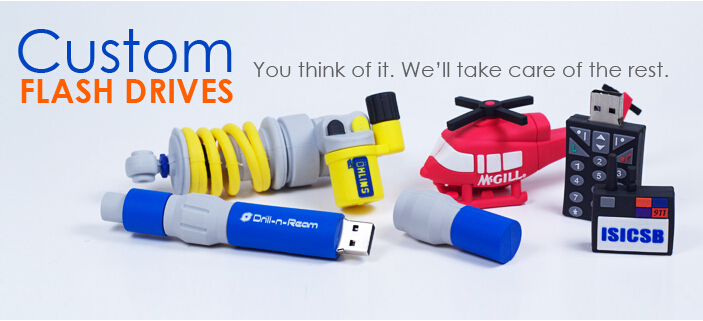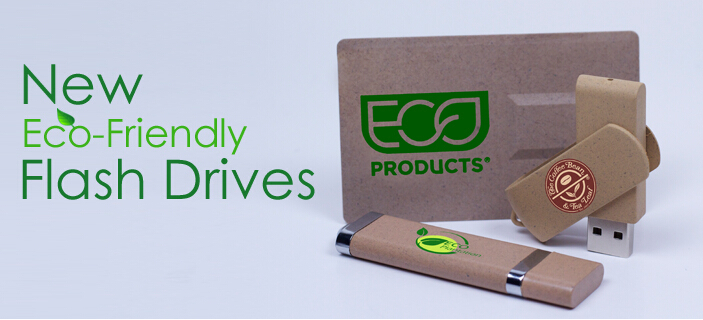USB Flash Drives, along with hard drives and other types of computer storage, are measured in bytes. The problem is that the definition of a megabyte/gigabyte isn’t really the same between computers and storage manufactures. A computer says a kilobyte is 1024 bytes and a megabyte is 1024 kilobytes. So one megabyte (one million bytes) is actually 1,048,576 bytes. To get to 32 gigabytes you have to multiply 1024 (bytes) x 1024 (kilobytes) x 1024 (megabytes) x 32 (gigabytes) which gives you 34,359,738,268 bytes of information.
However, computer hard drive and storage makers had the clever idea that a gigabyte is defined as a “billion” bytes, so why do they need to give you extra bytes you didn’t pay for just because someone who made the PC decided 1024 bytes are in a kilobyte? So industry practice is to label things in even numbers, even though computers will see less space as measured in GB. You do get 32,000,000,000 bytes when you buy 32GB, but your PC isn’t counting the same way everyone else would!





